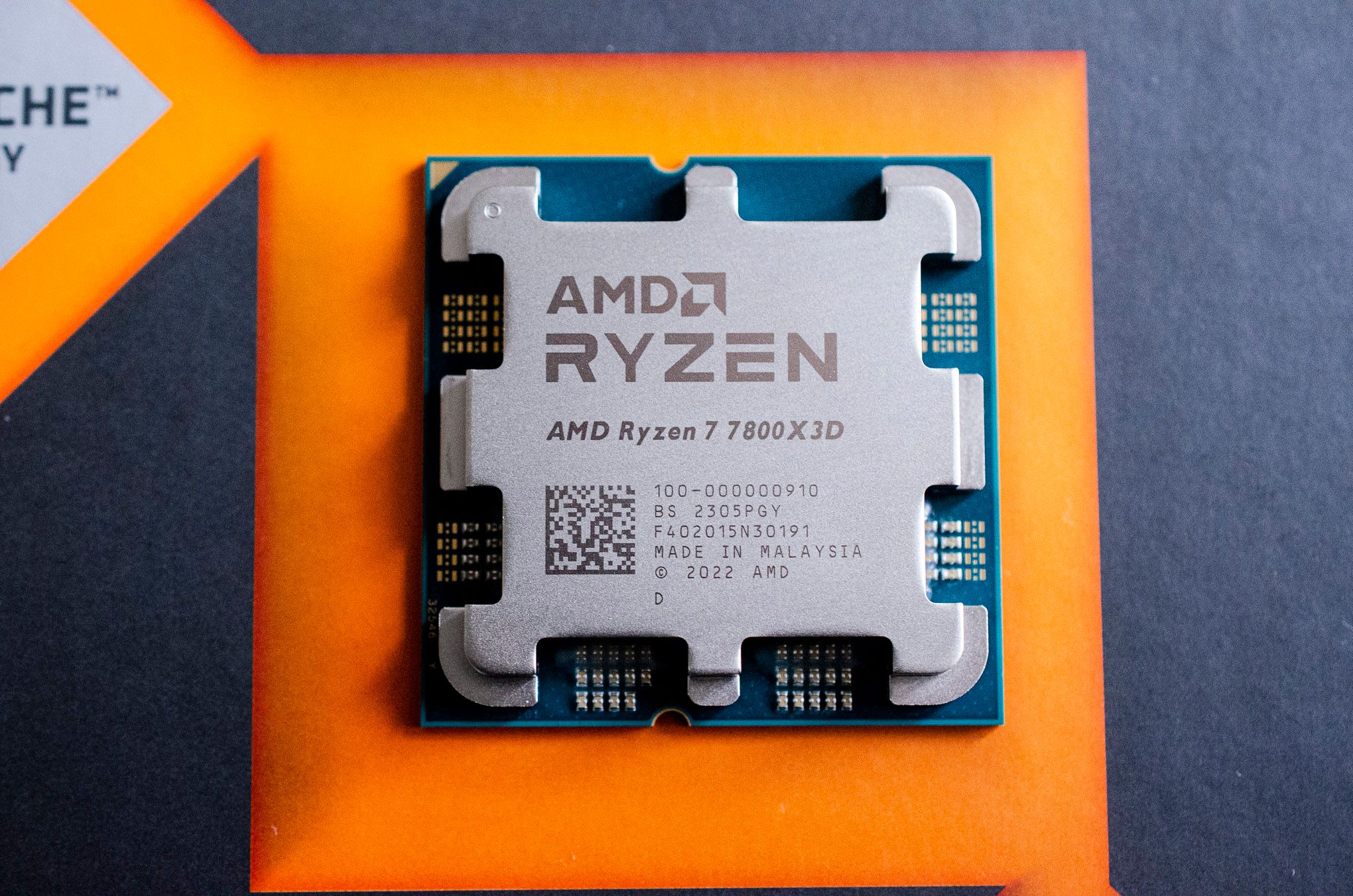Walmart just threw down the gauntlet against Amazon's October Prime Day with its own "Walmart Deals" event running through October 12th. The big-box retailer is matching Amazon's discounts while undercutting competitors on premium tech like AMD's 7800X3D processor and PlayStation 5 Pro bundles — no membership required.
Walmart is making a serious play for your holiday shopping dollars. While Amazon dominates the deal event space with Prime Day, Walmart's counter-offensive arrives with surprisingly aggressive pricing that's catching competitors off guard. The "Walmart Deals" event launched this week with no membership strings attached, directly challenging Amazon's Prime paywall strategy. Industry analysts weren't expecting this level of price matching from the Arkansas-based retailer, but the numbers tell a compelling story. AMD's Ryzen 7 7800X3D, still considered one of the best gaming processors available, dropped to $338 at Walmart while most other retailers hold firm at $420. That's an $82 savings that gaming enthusiasts have been waiting months to see. The timing isn't coincidental — Q4 is when retailers make or break their annual numbers, and Walmart clearly decided to absorb margin losses to gain market share. Sony's PlayStation 5 Pro presents another fascinating case study in competitive pricing. The console typically retails for $749, but Walmart's bundle strategy adds two extra purple DualSense controllers for just $769.99 total. That's essentially free controllers when you break down the component costs, suggesting Walmart negotiated special wholesale pricing with Sony specifically for this event. Gaming hardware has become the new battlefield for retail dominance, with margins tight enough that even small price advantages create significant consumer preference shifts. The display category shows Walmart's most aggressive moves yet. LG's 55-inch B4 OLED TV, regularly priced above $1,400, dropped to $798 — putting premium OLED technology within reach of mainstream budgets for the first time this year. While not LG's latest C4 series, the B4 still delivers the per-pixel lighting and 120Hz gaming performance that made OLED the display technology of choice for enthusiasts. This pricing suggests Walmart worked directly with LG to clear inventory ahead of 2026 model announcements. The audio segment reveals Walmart's strategy of targeting lifestyle tech that Amazon typically dominates. Apple-owned Beats Pill speakers dropped from $149.95 to $89.95, while Nothing's CMF Buds Pro 2 earbuds hit $47 versus their $59 launch price. These aren't clearance items — they're current-generation products that Walmart is using as loss leaders to drive traffic and compete with Amazon's ecosystem approach. But Walmart's real innovation lies in product categories Amazon struggles with. The Hoto Air Pump Pocket, a 150PSI electric tire inflater, showcases how Walmart leverages its automotive service network to offer practical tech that Amazon's delivery-focused model can't match as effectively. At $46.99 down from $59.99, it represents the kind of everyday utility item that builds long-term customer relationships beyond just deal hunting. Legion 5 gaming laptop deal at $949 (down from roughly $1,250) demonstrates how manufacturers are supporting Walmart's challenge to Amazon. The laptop features an OLED screen, AMD Ryzen 7 processor, and RTX 5060 graphics — specifications that would typically command premium pricing. Lenovo's willingness to support such aggressive pricing suggests broader industry interest in creating viable alternatives to Amazon's market dominance. The larger strategic implications extend beyond individual deals. Walmart's no-membership approach directly addresses consumer fatigue with subscription models, while its physical store network provides pickup and return advantages that pure e-commerce can't match. This hybrid approach — combining online deal discovery with physical fulfillment — represents a model that could reshape how retailers compete with Amazon's integrated ecosystem.










